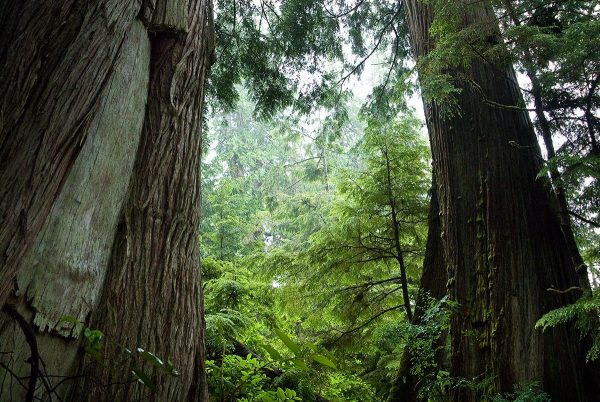

Responsible and well-managed wildlife tourism offering a first class experience that brings in revenue for conservation projects carried out by the national parks. Both Nepal’s Chitwan and Bardia national park have been effectively managed by both the government and tourist operations to ensure a first-class wildlife experience that indirectly supports and finances various conservation projects and anti-poaching operations to protect the fauna and flora in both national parks. Nepal is a very good example of how the collaboration of the national park body and tourist operations can make an effective model for conservation. Many of the tourists visiting the parks are briefed and introduced to various conservation projects in the area only to walk away inspired and incentivised to support
and help with future protection.
Chitwan and Bardia national park in Nepal are classic cases where responsible and well-managed tourism will protect and conserve the wildlife within it. 50 years ago, Jim Edwards setup up the wildlife operation Tiger Tops Jungle lodge in the heart of Chitwan national park. Since the first tourist arrived in 1965 many other operations have developed at Chitwan and other wildlife destinations in Southern Nepal. The local employment generated from Tiger Tops and other operations has ensured the care and conservation of the locals living in the area. Not only this, but the valued tourist returns from a first-class wildlife experience at both parks and consequently supports a conservation project in the region after returning from a trip. Both Chitwan and Bardia are prime examples that tourism valued by the locals is a fundamental way to protect and conserve wildlife.
The politicians need to be making the right operational decisions to create a superb experience. In the past, the formation of the national parks was down to a strong collaboration between the lodges and the government. Allowing for effective anti-poaching patrolling and park rules that would support both the ecosystem and a wildlife destination. Finance was brought in by the tourists and the lodge operations played their part to educate the locals through various social-development and conservation projects.
Nepal has gone through quite a bit of change in the last 10 years, with a new government now in power there is a duty to make sure the model sustains and quality wildlife tourism thrives. There have been some fantastic new conservation investments and projects set up in collaboration with the national parks.
A great example is the new hi-tech bio-lab facility in far western Nepal which opened last February. The bio-lab is studying Tiger scats and prey species to determine the optimum number of Tigers in Bardia national park. This can be visited by the tourist and is a huge selling point to the park. The type of travel now experienced by the traveller is ‘conservational travel’. Connecting the traveller with nature to inspire, stimulate and encourage conservation.
The formula is very simple and if the two parties (Government and Tourist Operations) agree and work together then effectively there is no reason why the model cannot be
taken to any parks in Asia or Africa where there is sufficient revenue to drive conservation initiatives. The national parks need to create an environment that stimulates the high paying tourist but more importantly local engagement.
© Linking Tourism & Conservation (LT&C) 2019
We are grateful that you support the work and mission of LT&C! We accept donations through Credit Card, PayPal or international bank transfer:

Donate through Credit Card
Please click the Donate button and then choose your PayPal account
Bank details:
Cultura Sparebank
Pb. 6800, St. Olavs plass
N-0130 Oslo
Name: Linking Tourism & Conservation,
Account no.: 1254 05 95168
IBAN: NO8712540595168
BIC/SWIFT: CULTNOK1
Routing BIC: DNBANOKK
Please mark payments with your name and/or email address
Sign up for an LT&C membership by filling in the details below.
Would you like your LT&C-Example/Initiative to be listed on our website? Please fill in the form below.